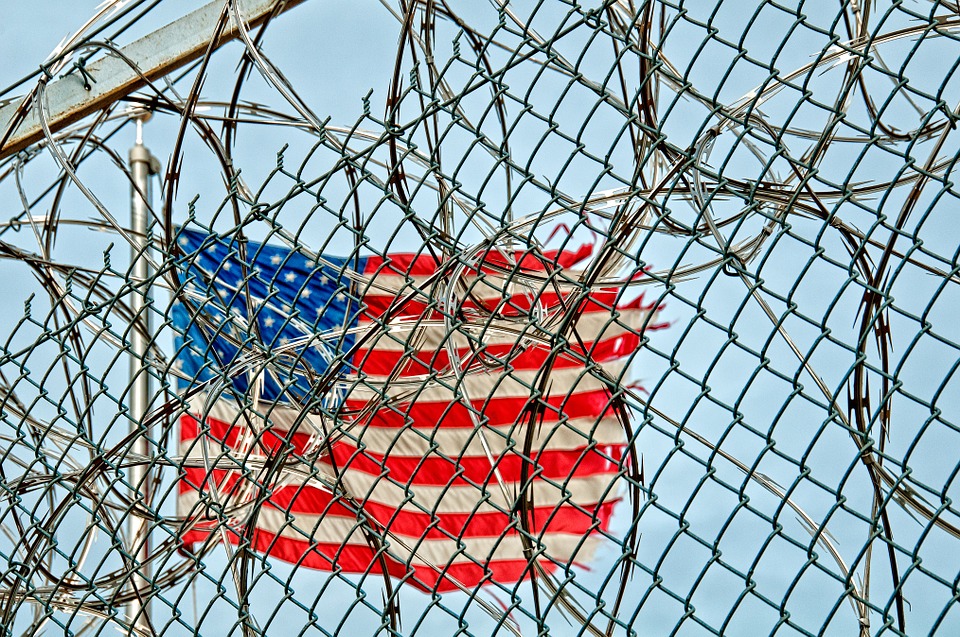Originally published on Bellwether and The 74’s live blog of the DNC.
In 1996, Hillary Clinton, in support of her husband’s sweeping crime bill, gave an interview in which she invoked the “superpredator,” a criminal so corrupted that they were irredeemable. That narrative stoked the fear that has driven two decades of prison and jail expansion, militarized local police, and zero tolerance school discipline policies. But times have changed.
 In just the last few years, we’ve watched the tide turn in our national discourse on incarceration, and it’s clear that the speakers at last week’s convention have joined the call by Education Secretary John King and others to shift resources away from the criminal justice system and into our schools. It’s not just our federal leaders — in a crisis of conscience, states, school districts, and charter schools are rethinking their approaches to student behavior. They’re spurred by a realization that they have been complicit in a broken system.
In just the last few years, we’ve watched the tide turn in our national discourse on incarceration, and it’s clear that the speakers at last week’s convention have joined the call by Education Secretary John King and others to shift resources away from the criminal justice system and into our schools. It’s not just our federal leaders — in a crisis of conscience, states, school districts, and charter schools are rethinking their approaches to student behavior. They’re spurred by a realization that they have been complicit in a broken system.
Dr. Maya Angelou once reflected, “I did then what I knew how to do. Now that I know better, I do better.” During the primary campaign, there were loud voices insisting that Hillary’s 1996 comments were fair game for criticism. And they were. But if we as a society take the principles of growth and redemption seriously, then we need to take a close look at what’s different about this campaign and how Clinton has changed in the last 20 years. If you believe in second chances, then that stuff matters.
Hillary has spoken explicitly about racial justice, mass incarceration, and the need to invest in supportive services in communities. Kate Burdick, a long-time education advocate, Eric Holder, and the students of Eagle Academy, joined the lineup of speakers at the DNC last week to talk about Hillary’s focus on education and justice reform. And in his speech last Monday, Bernie Sanders credited Hillary Clinton with understanding that we need to make sure that young people “are in good schools and in good jobs, not rotting in jail cells.”
While Hillary shouldn’t be accountable for her husband’s policies, she is responsible for her own words — words that she now publicly regrets. If she follows that up with real action on education like her platform suggests, it could be a demonstration of the self-aware leader who does better once they know better — and an example for us all.
August 2, 2016
The Error of Our Ways: Education and Mass Incarceration
By Bellwether

Share this article
More from this topic
Meeting the Moment: How 4 Philanthropic Foundations Are Stepping Up Right Now
Teaching Interrupted: How Federal Cuts Threaten a Promising Teacher Residency Program
Does Increasing Graduation Requirements Improve Student Outcomes?
No results found.